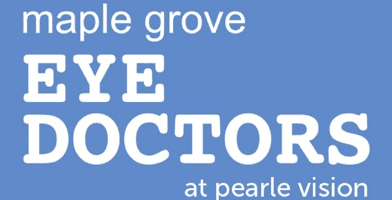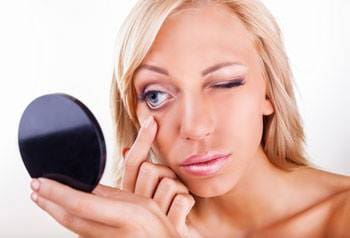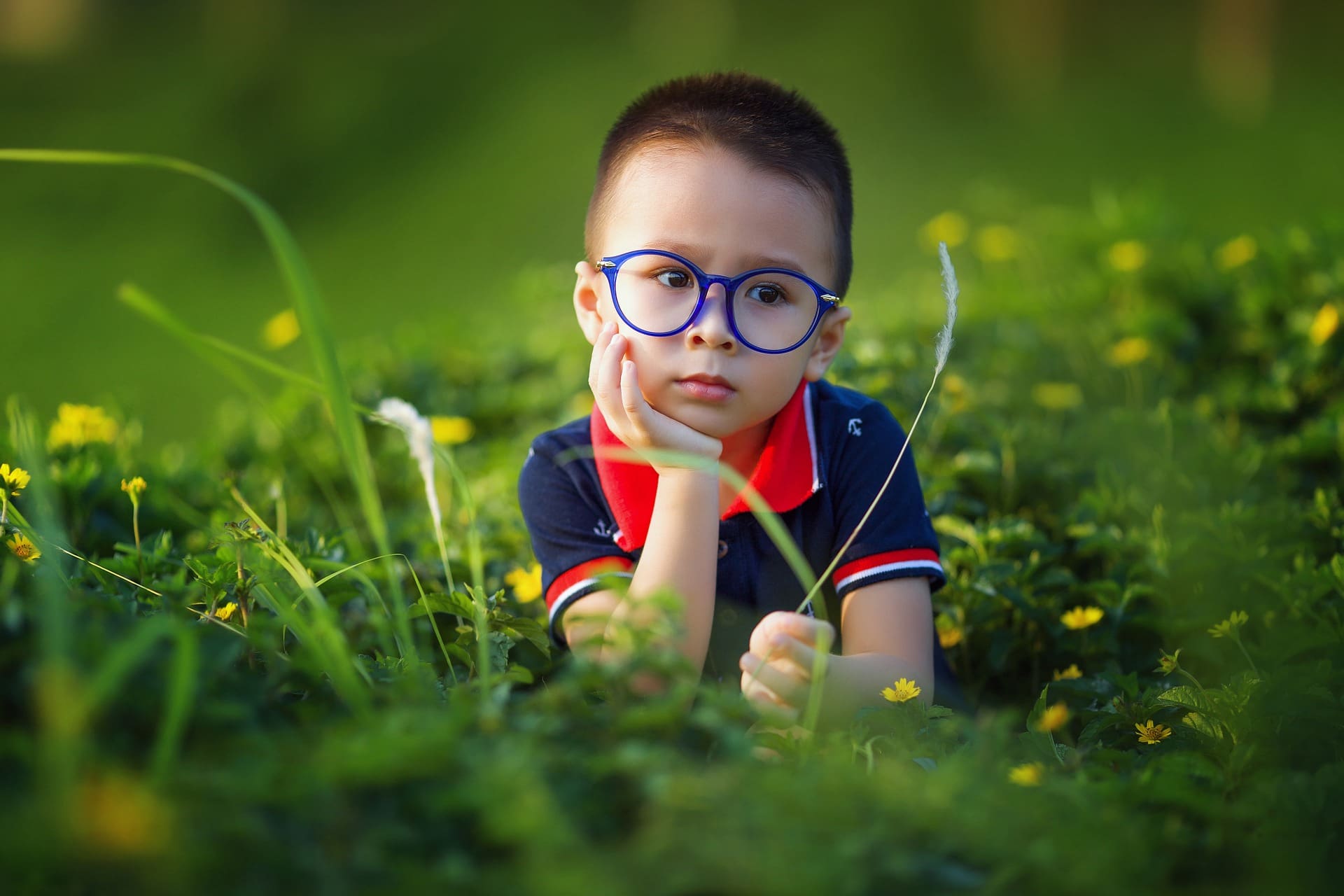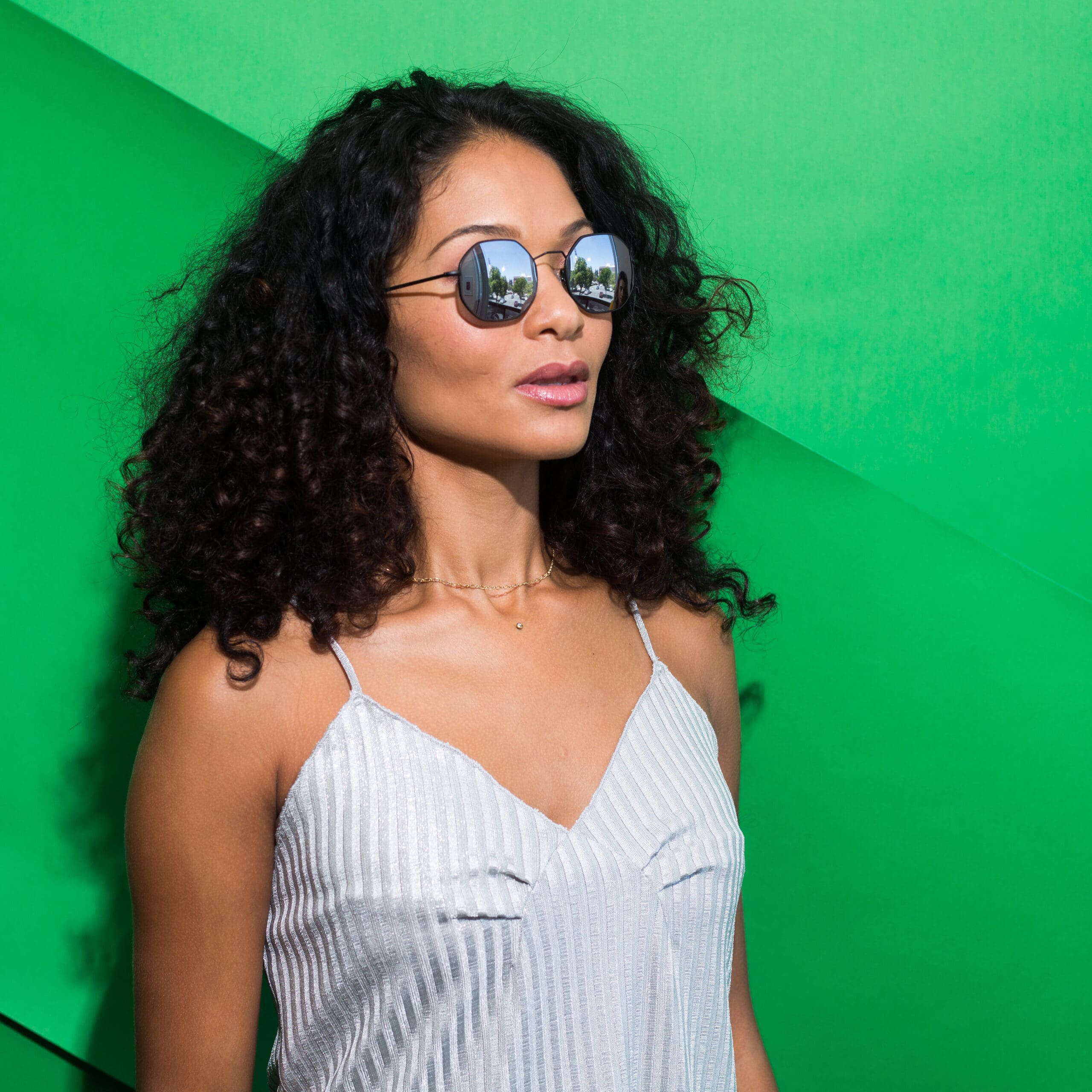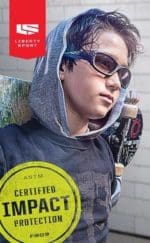Are Blue Light Lenses Right for You?
S0~~ the pandemic helped us increase our outdoor activities (this is a good thing, with the proper protection for our eyes) and also helped increase our screen time (Not such a good thing, but can be ok with the proper protection for our eyes).
Both outdoor activities and increased screen time expose our eyes to increased levels of light radiation that can contribute to eye discomfort and can result in irreversible damage to the retina. With the escalation in remote online learning (as I write this, many school districts have returned to this), online working, shopping, socializing with Zoom, etc., and online gaming, we are all experiencing the effects of excessive screen time.
Here are five reasons for the rising demand for blue light lenses:
1. Screen Time
As we spend more and more of our time staring at digital screens, we are experiencing digital eye discomfort and musculoskeletal disorders at increasing levels. Computer screens and other digital devices have high blue light emission rates, and blue light, by its nature, is unfocused visual ‘noise,’ reducing contrast and degrading visual quality. Blue light contact lenses act as a barrier, filtering out the harshness of this light to provide a more comfortable visual experience. This is particularly true for those of us clocking serious screen time. Read more here: Blue light and your eyes.
2. Rising Concern for Kids’ Eye Health and Comfort
Parents are becoming concerned with their kids spending their school day in front of screens and during game time and social time, so parents are seeing the warning signs of overexposure in their kids. Indeed, there are serious concerns over the potential long-term effects on the developing vision of kids. Blue light contact lenses are, therefore, emerging as a preventive measure for those little peepers. These lenses offer parents peace of mind by protecting their kids’ vision from the potential impacts of prolonged blue light exposure.
3. Increased Awareness of Digital Blue Light Emissions
As we become more tech-savvy, our understanding of digital blue light and its consequences has skyrocketed. But because information online is contradictory and confusing, many are turning to their eye doctor for guidance, which is a GOOD IDEA. Since consumers are actively seeking out ways to shield themselves, it is making blue light contact lenses a go-to solution for many.
4. Increased Understanding That Outdoor Sunlight Poses a Risk both From Blue Light and From Even Higher Energy UVR
Especially for children whose eyes are more susceptible to actinic light damage from UVR and HEV blue light bc their young lenses transmit more to the retina, the risk for cumulative damage from overexposure is real. Sunlight is a beautiful thing, especially on cold winter days in Minnesota, but we must respect its power, and protect our skin and eyes, ESPECIALLY in winter. A child’s eyes are more vulnerable to photochemical injury from high energy light, and their eyes absorb more of it than adult eyes.
5. Consumers Are Seeking a Trusted Eye Doctor to Recommend Trusted Solutions
There are several options for blue light filter lenses with conflicting claims. Discerning which product is actually effective and safe can be overwhelming. This is where the role of a trusted eye care professional becomes invaluable. Eye doctors increasingly recommend blue light contact lenses as part of a comprehensive eye health strategy tailored to each individual’s lifestyle and needs. Our Doctors and Opticians can explain the best products available for you. We can also advise on credible and scientifically backed solutions to protect your eyes. Schedule an Eye Exam today.
Here’s a BONUS reason –
Blue light contacts are like sunscreen for your eyes. They are built to filter out harmful radiation, offering you a clearer view. Clarity is not compromised, there is significantly less glare from a myriad of screens, and your sleeping patterns are more harmonized. From the moment you put them on to the moment you take them off, blue light contacts protect your eyes and overall health. In addition, blue light contacts sit comfortably in the eyes without altering your appearance or interfering with your fashion. If glasses are cumbersome, and you prefer an au naturel look, blue light contacts are a game-changing choice.
Are Blue Light Contacts The New BFF Of Your Eyes?
Blue light contact lenses are designed to filter out blue light from digital screens and other artificial sources. This High-Energy Visible (HEV) light emits from devices like computers, laptops, smartphones, tablets, and LED lighting. It also has been implicated in causing digital eye strain and disrupting the circadian rhythm.
Blue light contacts function similarly to blue light glasses but with better convenience and aesthetics, providing a nearly invisible way to protect our eyes throughout the day. Whether for work or play, kids or adults, blue light contacts are becoming a popular choice for individuals from all walks of life looking to mitigate the adverse effects of blue light while maintaining a comfortable vision.
While we do need some blue light, too much of it can be a curse for the eyes. If our lifestyle has us constantly in front of screens, it may be time to look into these modern marvels.
But you do not just take our word for it. Discuss it with your optometrist to see if blue light contact lenses could be your thing. After all, in the story of YOU vs. the DIGITAL WORLD, shouldn’t you have the best of both worlds in your arsenal? Blue light contact lenses might just be something you didn’t know you needed, providing absolute protection in your screen-saturated life.
Eye Protection Needs to Start Young
Since a child’s retina can absorb up to 70% more UVR than an adult eye, UVR is more damaging than HEV blue light. BUT, blue light screen emissions raise multiple concerns: Proximity of screens, especially smartphones that are held closer to our eyes bc, proximity = increased intensity, which can lead to headaches, blurred vision, insomnia, adverse moods, and unrest. The effects are both physical and psychological.
Given these risks, it is evident that protecting the eyes from an early age is not just beneficial – it is necessary. It is an investment in ocular health and overall well-being that can have positive effects lasting well into their adult lives. Foster eye-friendly habits early on, and you can prevent a host of issues later down the lane.
Sports Protective Eyewear and Sunglasses for Kids

Partner with Maple Grove Eye Doctors for Blue Light Protection
Ready to give your eyes the care they deserve? Do not wait any longer! Consult with Maple Grove Eye Doctors today, and let us be your trusted partners in eye care. Our expert team is conversant with the latest technology and know-how to provide personalized solutions for your unique vision needs.
From blue light contact lenses to comprehensive eye examinations, we ensure your eyes are protected and your vision is clear. Take the first step towards optimal eye health – Book an appointment with Maple Grove Eye Doctors now and experience the difference professional care can make!
